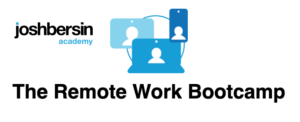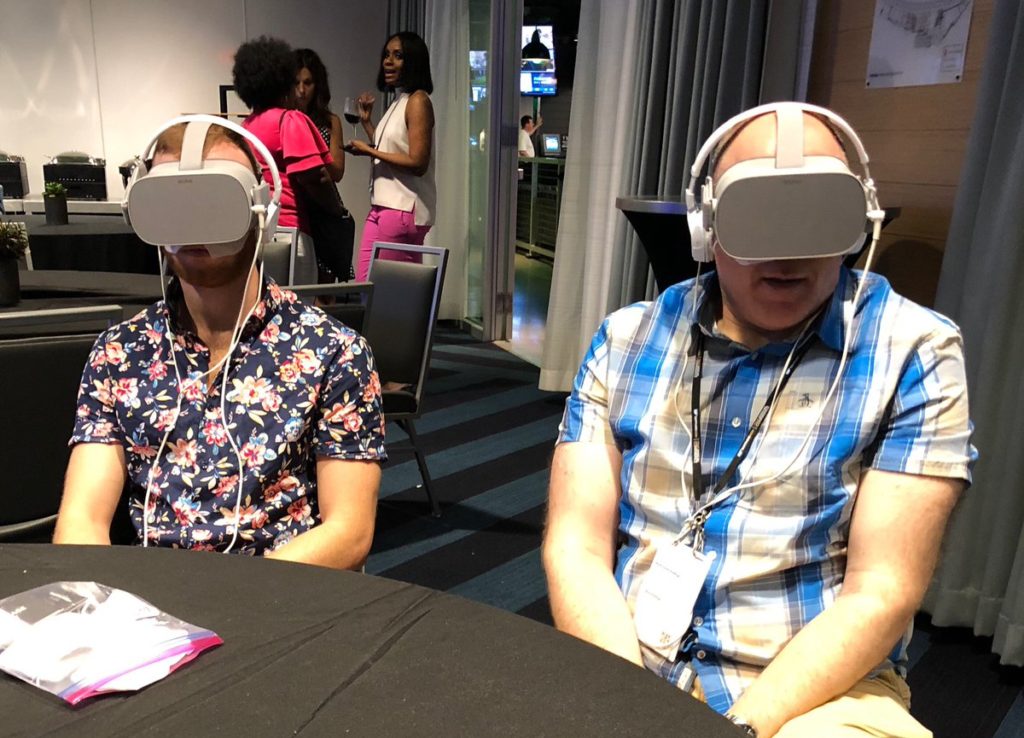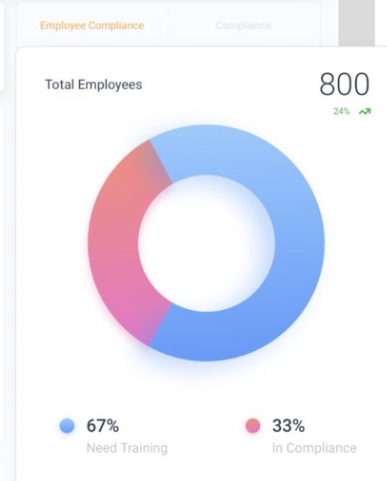There is a saying amongst many in the Private Equity world. The #1 thing you do after an acquisition of a company is to double its sales training!
Why?
Private Equity makes acquisitions to make money. The fastest way to make money is to increase revenue. That means more sales. Some will say it’s to decrease costs, but decreasing costs can have both short and long-term effects on revenue. So, get sales up, and then work to make the organization more efficient, etc.
Recruiting is sales!
Want to make your recruiting better? Make your recruiters better! Great recruiting technology does not make average recruiters better. It makes them more average faster. Help make them a better recruiter, then give them great tools so they can be greater faster.
The number one thing a talent acquisition leader can do is increase the training of their recruiting team. The problem is, most talent acquisition leaders aren’t in the weeds enough to know how to do this on their own. So, we go out and find “experts” to come to train our teams.
The problem with so many recruiting experts is they are failed recruiters. They couldn’t recruit well, so they decided to go teach others how to not do it very well. For every great recruiting trainer, or recruiter training technology platform, there are a hundred awful recruiter trainers!
So, we get frustrated, “Well, Tim, we tried that a couple of years ago, it didn’t work, it was a waste of money.” Okay, I hear you, but you don’t stop trying! Just don’t go back to that person who wasn’t good. Great TA leaders, running great TA teams, have ongoing development and training of their teams. Not a “we tried it three years ago and it didn’t work’ development and training program!
Great recruiter training should pay off exponentially to your investment!
I like to talk about recruiting dollars and sense. A mid to large talent acquisition shop can easily train their entire recruiting team for about the cost of one big agency fee. For that investment, you’ll probably save 5-10 agency fees, if the training is good and sustained!
It’s not a one-to-one investment to the outcome. It should be five to ten times the investment.
The mistake we make is we instead get sold on the premise that all we need to do is just have better technology. (BTW – it’s not an and/or proposition! It’s both! You need better recruiters and better technology!) Better technology does not make a bad recruiter better. Say that to yourself five times in a row!
What are you doing in 2021 to Improve Your Recruiters?
In the past couple of months, we continue to hear about hiring increasing at an alarming rate. Organizations are going from zero to one hundred! On top of the rate of increase, so many TA shops cut their staffs during the pandemic, so now we have this problem. A problem that won’t have quick fixes.
You will have to build back up your team. Build back up your technology. AND, build back up the development of your team. Otherwise, you’ll make a short-term problem, a long-term problem, and probably one you’ll eventually get fired over.
You need to ask yourself, right now, what am I going to do to develop my team over the next six to twelve months? How can we do this so we get sustained improvement? What is the best bang for our buck, right now?





